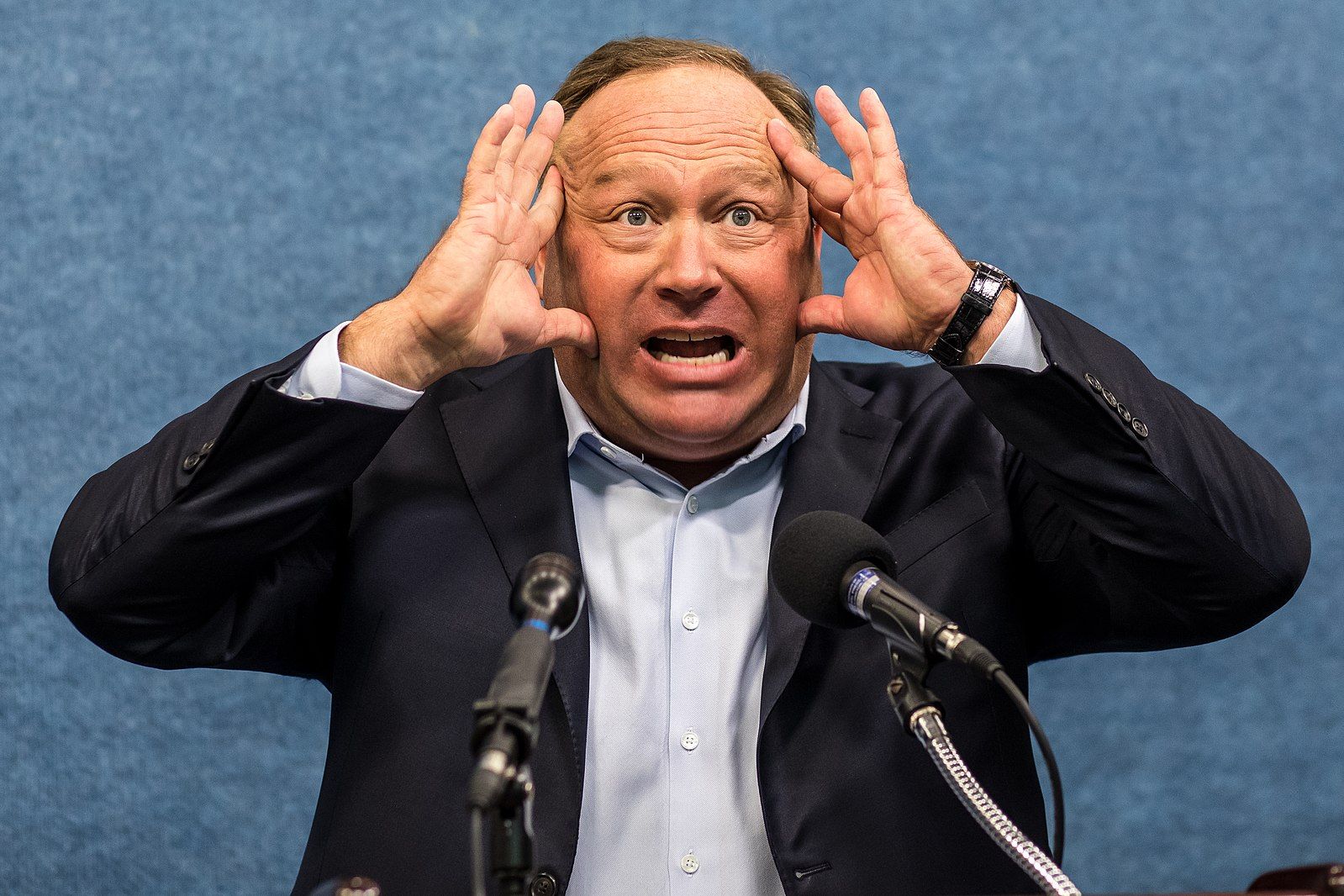I’m Isaac Saul, and this is Tangle: an independent, nonpartisan, subscriber-supported politics newsletter that summarizes the best arguments from across the political spectrum on the news of the day — then “my take.”
You're reading a subscribers-only Friday edition. Thanks for supporting our work.
Did someone forward you this email? Sign up to get our daily newsletter.
Today's read: 9 minutes. ⏰
One of the most overused terms in today's political discourse is "conspiracy theory."
It’s so overused that the expression has become essentially meaningless; in 2023, something is a conspiracy theory if you don't agree with it, or you find any of the underlying facts that drive a belief system to be unconvincing. In part, it is overused because the bar for what qualifies as a political "conspiracy" has fallen to an incredibly low level.
Oxford defines "conspiracy theory" as "a belief that some secret but influential organization is responsible for an event or phenomenon." This seems like a good definition, but introduces a whole set of problems. Depending on who you think is influential or qualifies as an organization, and to what degree their influence is "secret," a lot of things may meet the threshold of conspiracy theory.
My definition for conspiracy theory would look something like this: A belief or set of beliefs which connects unrelated observations together based on a set of fundamentally false conclusions.
As much as I like this definition, it creates other complications. In an era where most people can use the internet to search just about anything, we're all playing with an expansiveness of "observations" that can bend reality. These days, I could pretty much come up with any absurd claim I want and find something that resembles supporting evidence.
Since Tangle is in the business of bridging political divides, trying to get folks to step out of their news bubbles and hear arguments they may not like, one of the most common questions I get is "how do you talk to someone who believes a conspiracy theory?" My answer is usually, "what is the conspiracy theory?"
The uncomfortable truth a lot of news consumers seem intent on ignoring is that most conspiracy theories contain an element of true observation, or fundamentally sound reasoning, or even both. Some ideas that are widely panned as "conspiracy theories" turn out to be true, because conspiracy theories are usually built around a few grains of truth, making them worthier of investigation than a lot of us are willing to admit.
Look: I just used DuckDuckGo to search "Joe Biden has a body double" and found this grainy YouTube video where someone purports to capture Biden's body double walking through a parking lot, or this video comparing the "real" Biden to the fake one. In some weird ways they — how do I say this? — I can see why the videos are kind of compelling. I'm one good bong rip away from buying the whole thing.
The true observation is that these videos contain one person who looks a whole lot like Joe Biden and two images of Joe Biden where he looks very different over a period of a few short years. I can understand why someone might conclude he has a body double. I would conclude that it’s a lot more likely there are lookalikes out there, and politicians like Biden often age quickly and try to counteract that aging with things like plastic surgery.
There are plenty of other real world examples. I looked up the most popular conspiracies in America and found this article from Business Insider, which listed over 30 of them. Reading through the ideas, it occurred to me that there is another reason we are so quick to call something a conspiracy theory: It is a valuable tool. Call something a conspiracy theory, and get enough other people to call it that, too, and suddenly that idea becomes untouchable in the public discourse.
Below, I’ve responded to three of Insider’s popular conspiracies, with their description in bold and then my brief response to it. Afterwards, I’m going to explain why I think these labels are increasingly useless, and why we should probably stop using the expression altogether.
"QAnon is a widespread conspiracy theory that a group of Democrats and elites are attempting to undermine Donald Trump's presidency."
